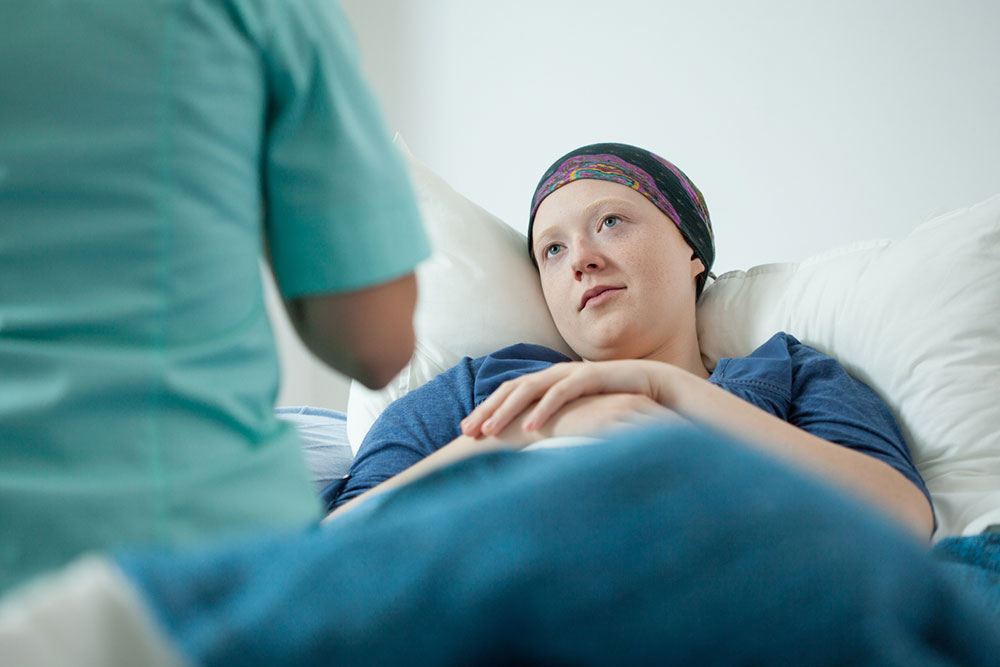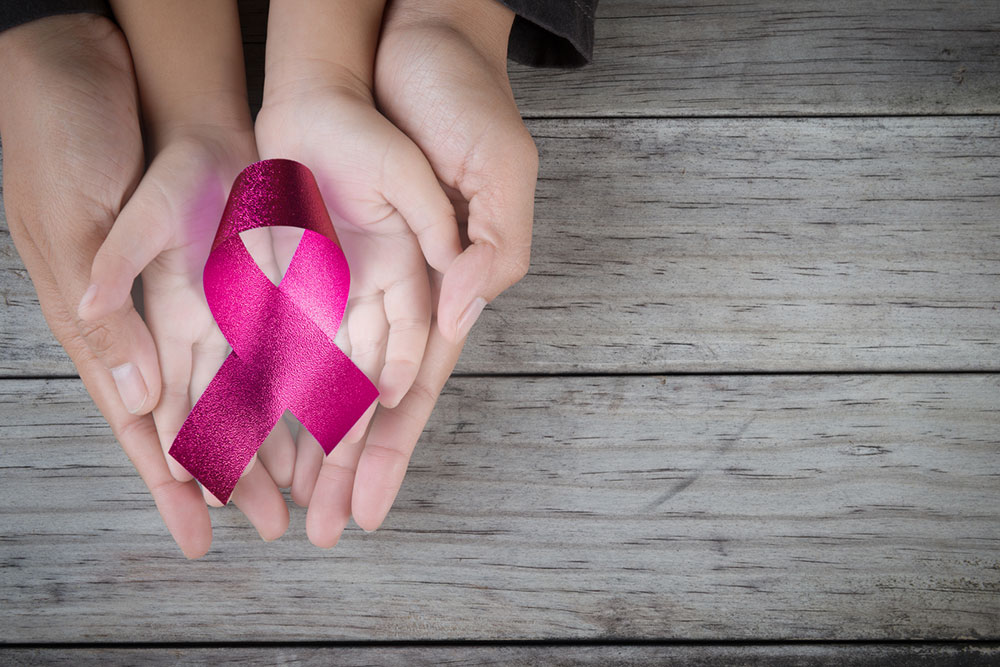Comprehensive Natural Support Strategies for Breast Cancer Patients: Enhancing Wellbeing Alongside Conventional Treatments
Explore comprehensive natural support strategies for breast cancer patients, including acupuncture, Qigong, massage, and biofeedback. These methods can enhance well-being, reduce side effects, and complement traditional treatments, empowering patients on their healing journey.

Effective Natural Methods to Support Breast Cancer Patients During Treatment and Recovery
Breast cancer remains one of the most prevalent health challenges faced by women worldwide, with statistics indicating that approximately 1 in 8 women, or about 12% of the female population, will develop this disease at some point in their lives. As of early 2019, over 3.1 million women globally have a history of breast cancer, encompassing those who are currently undergoing treatment, as well as survivors who have completed their therapy. The importance of early detection cannot be overstated, as identifying breast cancer in its initial stages significantly increases the chances of successful treatment and potential remission. Once the disease progresses and spreads beyond the initial tumor site, treatment strategies primarily shift towards managing symptoms and improving quality of life, rather than outright cures. Conventional treatments such as radiation therapy, chemotherapy, and surgical interventions can be effective but often come with a host of side effects that impact patients’ overall wellbeing.
Recognizing the limitations and challenges posed by standard therapies, many breast cancer patients and survivors explore complementary natural approaches. These strategies aim to bolster the body's resilience, alleviate treatment-related symptoms, and promote emotional and physical well-being during and after cancer therapy. While these natural methods are not substitutes for medical treatment, they can serve as valuable adjuncts, helping patients feel more empowered and in control of their health journey. Below are some of the most widely practiced and researched natural support methods that can enhance comfort, reduce side effects, and foster a sense of balance during breast cancer treatment.
1. Acupuncture for Symptom Relief
Acupuncture, a time-honored practice rooted in Traditional Chinese Medicine, involves inserting very fine needles into specific points on the body to stimulate energy flow or "Qi." Modern research, including findings from the National Center for Complementary and Integrative Health (NCCIH), suggests that acupuncture may offer considerable benefits for breast cancer patients. It has been shown to help reduce pain associated with tumor growth or treatment procedures, as well as to alleviate common chemotherapy side effects such as nausea and vomiting. Many patients report feeling more relaxed and less anxious after acupuncture sessions. If you're considering this therapy, consult with a qualified acupuncture professional experienced in oncology care to ensure safety and tailored treatment plans.
2. Qigong and Tai Chi for Physical and Mental Wellness
Originating from ancient Chinese practices, Qigong and Tai Chi are gentle, low-impact exercises combining slow movements, controlled breathing, and meditation techniques. These practices focus on harmonizing internal energy, cultivating mindfulness, and improving overall vitality. Studies indicate that regular practice can help reduce stress, promote better sleep, and enhance mobility—particularly beneficial for women undergoing or recovering from cancer treatments. According to NCCIH, practicing Tai Chi has been linked to improved mood, increased energy levels, and a greater sense of well-being, making it an excellent complementary approach during the challenging phases of breast cancer treatment.
3. Therapeutic Massage for Stress Reduction and Comfort
Massage therapy involves manipulating soft tissues to promote relaxation and physical relief. For breast cancer patients, therapeutic massage can help ease muscle tension, reduce pain, and alleviate anxiety associated with diagnosis and treatment. It also assists in decreasing fatigue and depressive symptoms, contributing to a more positive outlook. When seeking massage therapy, it's crucial to work with licensed therapists who have specialized training in oncology massage to ensure that the treatment is safe, appropriate, and customized to individual health conditions. This personalized approach can significantly improve patients’ sense of comfort and emotional resilience during their healing process.
4. Biofeedback for Autonomic Nervous System Regulation
Biofeedback is a technique that teaches patients to control involuntary body functions such as heart rate, blood pressure, and muscle tension through electronic monitoring and real-time feedback. This method can empower patients to manage stress responses, reduce anxiety, and improve overall physiological regulation. In the context of breast cancer, biofeedback can be particularly helpful in managing side effects like hot flashes, sleep disturbances, and stress-related symptoms. For optimal results, biofeedback should be performed under the supervision of trained professionals who can guide patients through tailored exercises and provide ongoing support. Incorporating biofeedback into a comprehensive wellness plan can enhance emotional stability and boost resilience.
While these natural support strategies do not serve as cures for breast cancer, integrating them with conventional medical treatments can significantly enhance the patient’s overall quality of life. They help mitigate treatment side effects, promote mental calmness, and foster a sense of empowerment during a challenging journey. Patients should always consult with their healthcare providers before starting any new complementary therapy to ensure compatibility with their treatment regimen. Embracing a holistic approach that includes medical care, lifestyle adjustments, and natural therapies can pave the way for better recovery experiences and improved long-term health outcomes.





